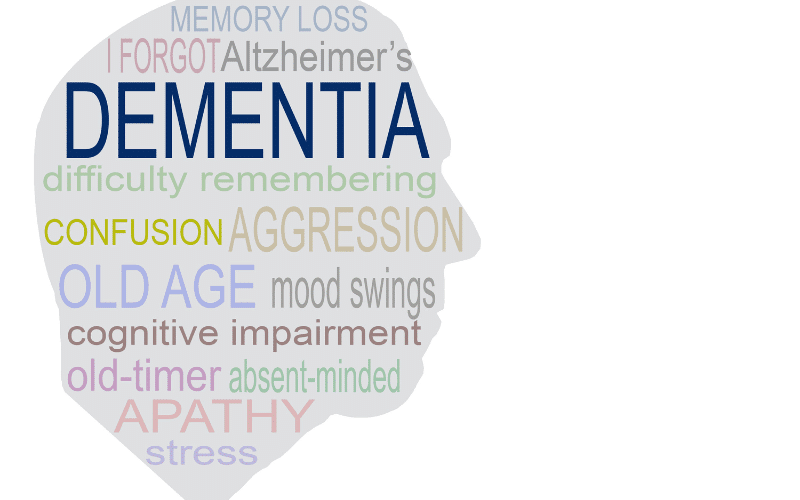Frequently Asked Questions (FAQs) About Dementia and Incontinence
Advertisements
 Advertisements
Advertisements
1. What is the link between dementia and incontinence?
Dementia and incontinence are often interconnected due to the cognitive and physical changes that occur with dementia. Cognitive impairment can make it difficult for an individual to recognize the need to use the restroom or to find the restroom in time. Additionally, physical changes or medications can lead to increased urinary frequency or urgency, contributing to incontinence.
2. How can you manage incontinence in someone with dementia?
There are multiple strategies for managing incontinence in someone with dementia. These include scheduled toileting, use of absorbent products, and certain lifestyle modifications like reducing caffeine intake. It’s also beneficial to create a calm and comfortable environment for toileting and to ensure easy access to the restroom.
3. How common is incontinence in people with dementia?
Incontinence is a common symptom in people with dementia, particularly in the later stages of the disease. Studies suggest that over 70% of people with Alzheimer’s disease, the most common type of dementia, also suffer from some form of incontinence.
4. What is the impact of dementia and incontinence on caregivers?
Caring for someone with dementia and incontinence can be physically and emotionally challenging. Caregivers often have to manage toileting and hygiene needs, which can be physically demanding. The situation can also bring about feelings of stress, frustration, and helplessness. Support and respite services can be crucial in helping caregivers cope with these demands.
5. What treatments are available for incontinence in people with dementia?
Treatment options for incontinence in people with dementia include behavioral strategies, medication, and sometimes surgery. Behavioral strategies might include scheduled toileting and bladder training, while medications can help control symptoms. In some cases, doctors may recommend surgery to improve bladder control.
6. Can dementia and incontinence be prevented?
While there’s no surefire way to prevent dementia or incontinence, certain lifestyle choices can reduce the risk. These include maintaining a healthy diet, regular exercise, adequate sleep, and mental stimulation. Regular check-ups and early intervention at the first sign of symptoms can also help manage these conditions more effectively.
Conclusion: Essential Takeaways on Dementia and Incontinence
The journey through dementia and incontinence can be a challenging one. Yet with the right knowledge, compassionate care, and a network of support, individuals with these conditions can lead a dignified and comfortable life.
Understanding the important facts about dementia and incontinence is the first step in this process. It equips individuals, caregivers, and communities with the necessary tools to navigate the complexities of these conditions and advocate for the best possible care. The more we understand, the better we can stand together in addressing dementia and incontinence.